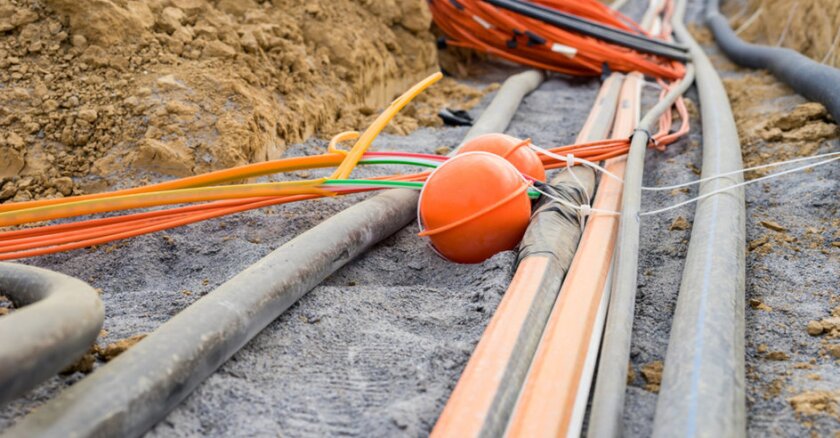County Administrator Tammy Wilcox gave the county board an update on the effort to provide broadband services to the rural areas of the county at the board's Thursday meeting. The applications for the BEAD funding are due by the end of February, she said, and the applications will be accepted in waves.
The first batch is Shelby Electric who, under the name Shelby Fiber, has already provided broadband to 10 beta testers in its service area; Frontier, who will apply to serve 652 households in the first wave; Comcast, which has five service zones and plans to send in multiple applications, serving some of the hardest-to-serve areas and including most of the county; and Shawnee, applying to serve 1,200 households.
House Bill 1737, if it passes, should help ease some of the issues that are making the process such a long one, Wilcox said. Shelby Electric is struggling with easements to provide its service and may have to utilize eminent domain, though the company, she added, would rather not do that.
The bill is sponsored by Rep. Jay Hoffman and sets forth provisions concerning the use of existing electric easements and public road rights-of-way by a broadband provider to install, maintain, and use broadband infrastructure to provide broadband service.
The entire process of getting broadband service to the whole county will take 5 to 7 years, she said. She provided the board with a draft of the letter of support to give the providers for their applications and encouraged board members to contact legislators to express support for HB 1737.
The board also heard an update on efforts to provide reliable public transportation to county residents, linking it with city of Decatur buses.
Lacie Elzy, transportation service director for the city, told the county board that the agreement between the city and county transportation services will allow the two to work almost as if they were one.
“Citizens from the county will be able to come into the city and transfer onto the (city) buses with minimal disruption,” she said. “We're going to build this up from the ground up.”
The plan is for county residents to call or use an app on their phone, and make an appointment to be picked up, taken to the city and transfer to a city bus.
The cost is yet to be determined, she said, but the hope is to have the whole system figured out and in place by July 1.
The COVID-19 pandemic brought into focus an indisputable fact: access to quality Internet service is key to full participation in society and the economy. But inequitable access to high-speed Internet has been an issue for much longer than the last two years. Policymakers and business leaders — especially those from low-income and rural communities — have long advocated for increased investment in broadband infrastructure to unlock greater economic opportunities in underprivileged areas. Today, 93% of American adults report using the Internet, but some parts of the country face greater barriers to reliable Internet access. Further, there are some signs that states with fewer households able to access the Internet also have worse Internet quality overall. To determine the states with the fastest Internet, researchers ranked states based on the average download speed measured in megabits per second.
©2025 the Herald & Review, Distributed by Tribune Content Agency, LLC.














